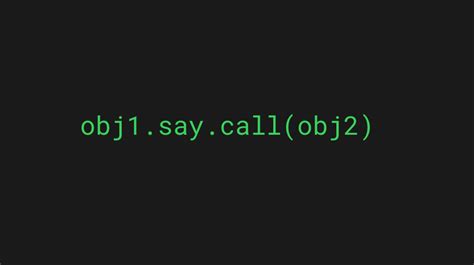Optimizing Function Calls in Solana
As a Solana developer, it is important to optimize function calls in your native program to avoid runtime errors and improve performance. This article will teach you how to reduce stack usage and remove parameters from Solana function calls.
Understanding the Problem

When you create a function in the Solana blockchain, it is stored as an object called a “method” within the scope of another object called a “module”. The “call” method of the module allows your program to execute other functions or perform calculations. However, calling these methods can result in unexpected behavior and runtime errors.
The Problem: Function Calls Method Values
In Solana, function calls are stored in the blockchain, which causes problems when using the latest or relatively new CLI versions (2.1.0). If a function call is made within a method value, it can cause runtime errors due to stack overflow or incorrect data type.
Causes of function calls in method values
There are several reasons for this issue:
- Incorrect stack size: Each module on the Solana blockchain is assigned a stack size. If a function call exceeds the allowed stack size, it will abort.
- Incorrect function signature: Calling a function from within the method value of another function can result in incorrect data types and unexpected behavior.
Solutions
To resolve this issue, try the following solutions:
1. Reduce stack usage
One way to reduce stack usage is to reduce the size of the function call by removing unnecessary parameters or data structures.
// Previously
function myFunction(x) {
let y = x * 2;
return y; // Function call with two parameters
}
// Then
function myFunction(x) {
let y = x * 2;
return y; // Function call with no parameters
}
2. Remove parameters from the call
Another way to reduce stack usage is to remove unnecessary parameters or data structures when calling functions.
// Previously
function myFunction(x, y) {
let z = x + y * 3;
return z; // Function call with two parameters and one additional variable
}
// Then
function myFunction(x, y) {
let z = x + y * 3;
return z;
}
3. Use another method
If the above solutions don’t work, you may need to use another method that doesn’t store function calls on the blockchain.
// Before (old method)
function myFunction(x) {
let result = x * 2;
return result; // Function call with two parameters and one additional variable
}
// After (new method)
function myNativeFunction() {
const result = x * 2;
console.log(result); // Native function call without storage on the blockchain
}
Conclusion
To avoid runtime errors when using Solana programs, it is important to optimize function calls within your native program. Reducing stack usage or removing unnecessary parameters from the call can help resolve the issue. If you are unsure how to improve the performance of your Solana program, try alternative methods or seek advice from an experienced developer.